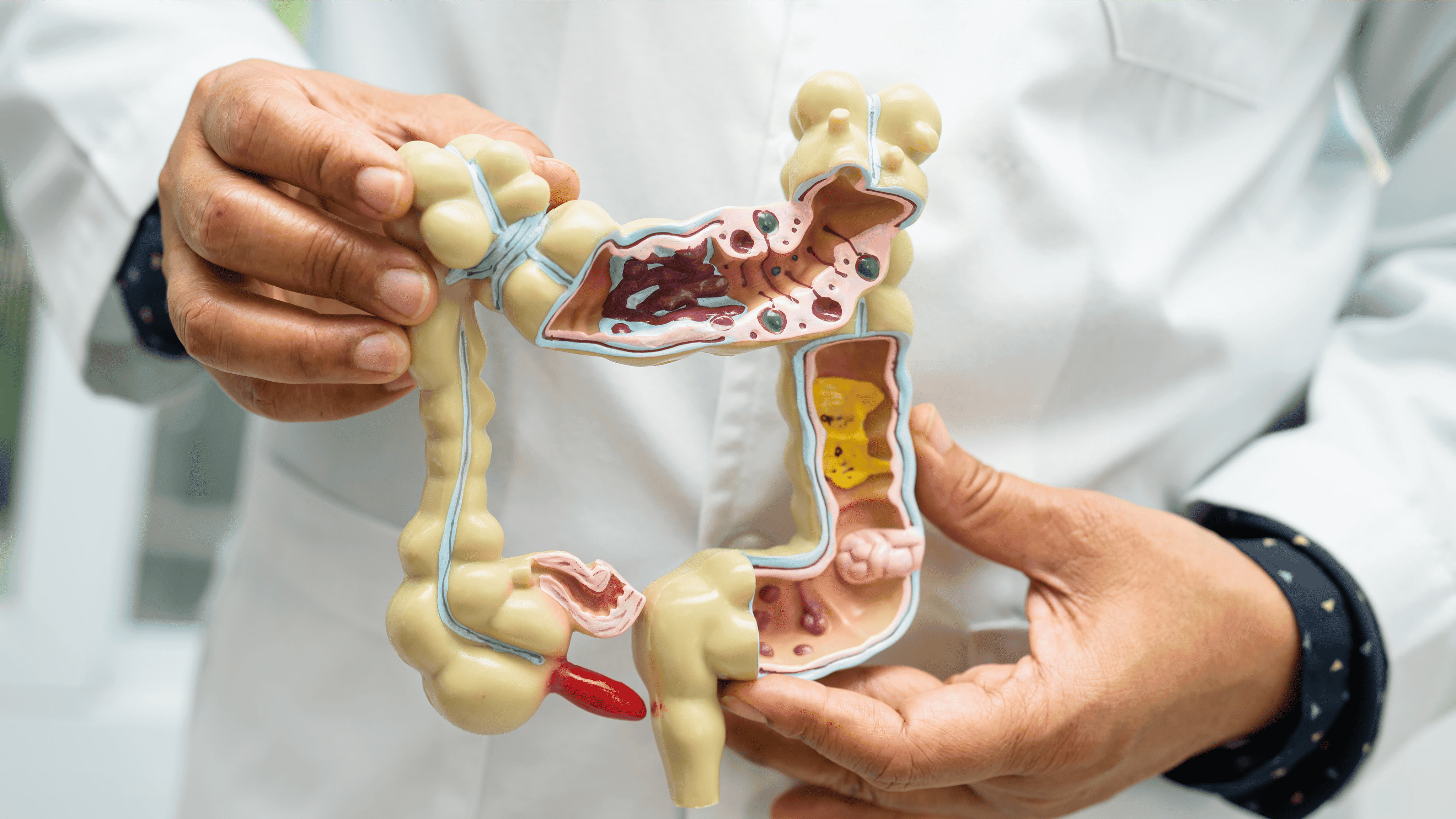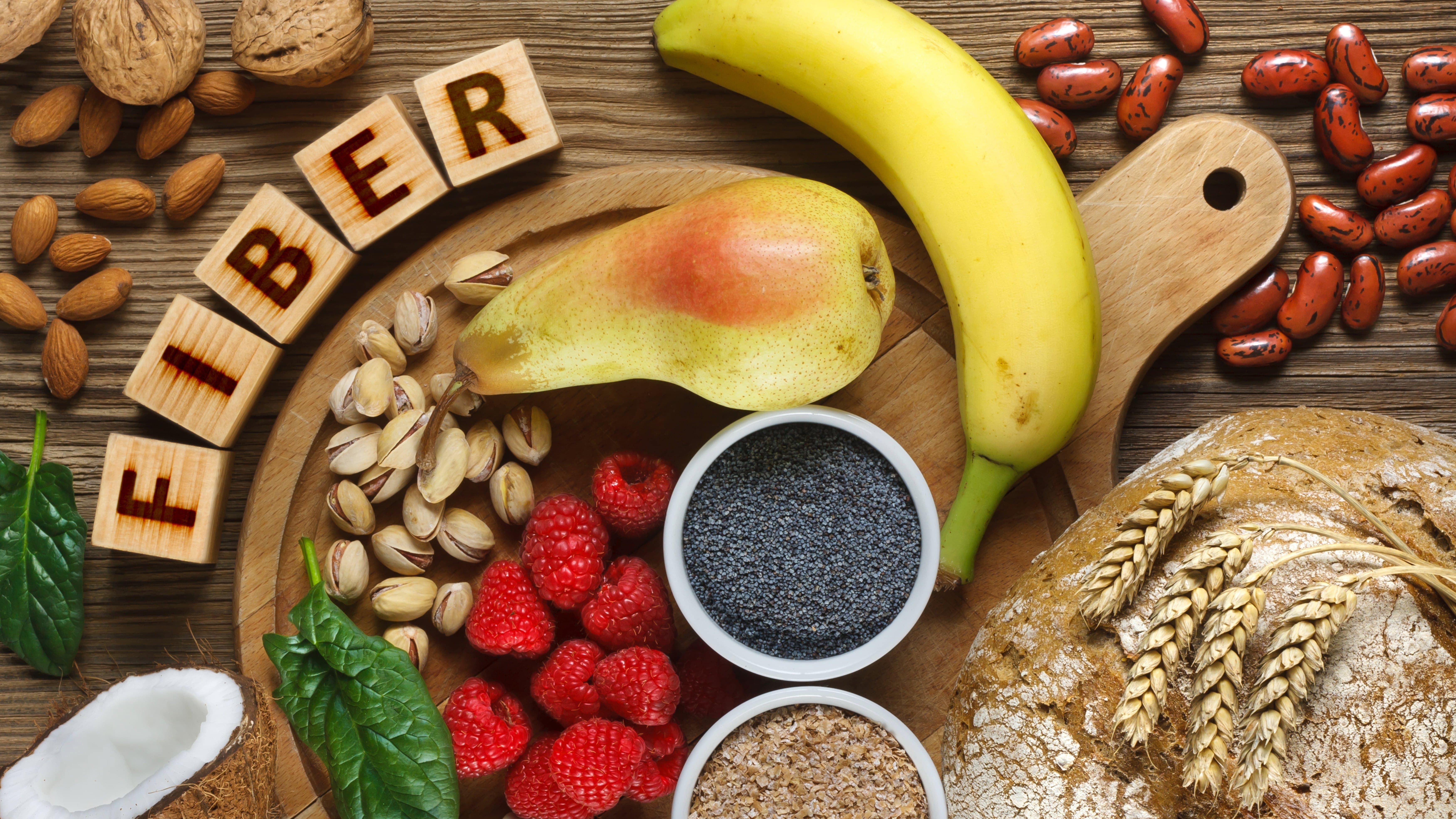How to Improve Bowel Movements Naturally
Introduction
A healthy digestive system ensures the proper breakdown of food, efficient absorption of nutrients, and smooth elimination of waste from the body. A healthy gut not only strengthens immunity and boosts metabolism but also elevates your mood and energy levels. Recent studies suggest that a balanced gut microbiome also plays a vital role in maintaining overall digestive health. This post explores how incorporating a gut-friendly diet, along with simple lifestyle changes, can help improve your digestive regularity, bowel movements and maintain long-term gut microbiome balance naturally.

What Is a Healthy Bowel Movement?
Digestive regularity refers to having a consistent pattern of bowel movements, with stool that is soft or firm, easy to pass, and free from discomfort or strain. A healthy bowel movement typically provides a complete sense of evacuation and occurs without abdominal pain, bloating, or excessive effort.
This consistency indicates a well-functioning digestive system and supports overall gut health. Proper peristalsis the wave-like muscle movement of the intestines helps move food through the digestive tract efficiently, reducing the risk of constipation and promoting smoother digestion.
How often should you go to the bathroom to be considered normal?
The truth is, bowel habits vary from person to person depending on factors such as:
- Diet
- Hydration
- Physical activity
- Medications
- Age
- Stress and overall lifestyle.
According to research, a normal bowel moment can range from 1 to 3 times per day and 3 times a week. What matters most is consistency and comfort, rather than a strict number. Minor variations, such as occasional urgency, slight straining, or a feeling of incomplete evacuation, are common and usually not a cause for concern.
Why It Matters
It’s important to keep track of your bowel movements, as they are a key indicator of your overall digestive health. Sometimes, what you eat can temporarily affect your bowel habits, and these issues often resolve once your diet and hydration levels are adjusted.
However, if you experience prolonged irregularities, such as not passing stool for more than a week, having difficulty passing hard stool (chronic constipation), or frequently passing loose stools (chronic or acute diarrhea), it should not be neglected . In such cases, it’s advisable to consult a healthcare professional for thorough check up.
Possible Causes of Bowel Irregularities
Chronic constipation can be a sign of:
- Irritable Bowel Syndrome (IBS)
- Low daily fiber intake
- Poor hydration
- Weakened peristalsis due to inactivity
Chronic diarrhea can be a sign of :
- Gastrointestinal infections
- Food allergies/ Intolerances
- Inflammatory Bowel Disease (IBD)
- Celiac Disease
3 Natural Ways to Improve Bowel Movements
A balanced diet with dietary fibres, healthy fats, proteins, and complex carbohydrates ensures proper digestive function and maintains gut health. These nutrients support efficient peristalsis, promote smoother evacuation, and help prevent constipation or irregular bowel patterns. If your diet lacks any of the essential macronutrients, it can lead to digestive irregularities. A balanced diet is therefore key to maintaining a healthy gut microbiome, encouraging good bowel movements. Here are some of the ways to improve digestive regularities:
Fiber Rich Foods:

Inadequate fiber intake over time can lead to constipation and digestive irregularities. Insoluble fiber adds bulk to the stool and promotes gut motility, helping food move smoothly through the digestive tract. Soluble fiber, on the other hand, absorbs water to soften the stool and improve its consistency, making it easier to pass. Dietary fibers also feed the gut microbiome and act as a prebiotic that helps to foster beneficial microbes which also promotes digestive health.
It is recommended to consume 25–30 grams of dietary fiber daily, including both soluble and insoluble types, to support gut health and regular bowel movements.
Sources of soluble fibers include oats, barley, apples, citrus fruits, bananas, avocados, carrots, sweet potatoes, Brussels sprouts, beans, peas, and lentils. Sources of insoluble fiber include wheat bran, brown rice, almonds, walnuts, sunflower seeds, cauliflower, green beans, and zucchini.
Fiber does help relieve constipation. However, if your fiber intake is lower than the recommended levels and you wish to increase it, it is advised to do so gradually with sufficient water intake , as a sudden increase in fiber intake can lead to discomfort such as bloating or cramping.
In cases of diarrhoea, it is generally advised to increase soluble fiber intake and temporarily limit insoluble fiber, opting for low-fiber foods until bowel function normalizes.
Water and Other Beverages

Water: Hydration is the key to healthy digestion and regular bowel movements. Drinking at least 2 to 2.5 liters of water per day supports proper digestion and stool consistency. Research shows that low fluid intake can increase the risk of constipation. So, make sure to keep track of your daily hydration and aim for at least 8 glasses of water every day!
Healthy Beverages : Teas like ginger, green ,peppermint and black tea stimulate gastric motility and encourage bowel movement.
Diluted Fruit Juices, and ORS: These help to replenish fluids and electrolytes lost during diarrhea, supporting recovery.
Role Probiotics
Probiotics play a vital role in maintaining balanced gut flora. They strengthen the gut barrier, suppress harmful pathogens, and promote a healthy gut environment by supporting beneficial microbes. Probiotics also enhance gut-brain communication, improving digestive function and gut motility. Because of these benefits, probiotics are being actively researched as potential therapies for gastrointestinal disorders and discomforts,
For example,
Probiotics such as Saccharomyces boulardii, Lactobacillus acidophilus and Lactobacillus plantarum have demonstrated effectiveness in reducing the frequency and duration of diarrheal episodes.
Bifidobacterium lactis supplementation has shown to improve stool frequency and consistency in people with constipation.
However, consuming natural probiotics like curd, kombucha, and fermented rice or using scientifically formulated options like Rychbiome Indus Capsules is one of the best ways to improve gut health and support regular bowel habits.
Also Read:How Probiotics Shape Gut Microbiome, Immunity, and Brain Function
Lifestyle Habits and Routine
Recent understanding of digestive regularity or bowel movements are closely connected to the body’s circadian rhythm. In general, it is observed that healthy individuals have normal bowel movements during the day, which tend to increase after meals, with minimal activity at night. Any disruption in the circadian rhythm can cause digestive irregularities, constipation, or changes in evacuation patterns. Minute lifestyle changes and consistently following a routine can help restore and maintain your natural bowel rhythm.
Healthy Sleep Patterns

Disturbed sleep cycles can lead to digestive irregularities and affect gut health. Sleep deprivation is associated with an increased risk of bowel disorders. Maintaining 7–9 hours of consistent sleep supports both digestive and hormonal regulation. A consistent bedtime routine, minimal screen exposure before sleep, and a cool room temperature can help optimize gut rhythm and support good bowel habits and better digestive health.
Regular Physical Activity

Exercise promotes peristalsis and accelerates intestinal transit, supporting smoother bowel movements and overall digestive regularity. Moderate physical activities such as brisk walking, yoga, or cycling are linked with a reduced risk of constipation. Even short post-meal walks can stimulate gut motility and improve blood flow to the digestive tract, promoting better digestion and nutrient absorption.
Stress Management

Stress disrupts gut motility and alters gut flora composition through the hypothalamic–pituitary–adrenal (HPA) axis. Incorporating mindfulness, yoga, and breathing exercises into your routine helps calm the nervous system and restore normal peristalsis. Regular practice of deep breathing or meditation lowers cortisol levels, indirectly improving digestive comfort and supporting a healthy gut–brain connection.
Conclusion
Supporting digestive regularity naturally requires a multifaceted approach. A balanced diet including fibre, adequate hydration, probiotics, and mindful lifestyle work synergistically to enhance gut motility and microbial balance. Regular exercise, stress management, and sleep optimization further reinforce this harmony. Over time, these practices promote not just digestive comfort but overall metabolic and mental well-being.
The gut microbiome test will help you understand your gut health better, and with expert advice on nutrition, it can help relieve gut discomforts.
-Kamala M
References
Bellini, M., et al. (2021). Chronic Constipation: Is a Nutritional Approach Reasonable? Nutrients, 13(10), 3213.
Chong, C. S., et al. (2019). Mindfulness-based stress reduction and physiological markers of stress. Psychoneuroendocrinology, 100, 105–112.
De Schryver, A. M., et al. (2005). Effects of regular physical activity on defecation pattern in middle-aged subjects. Gut, 54(12), 1799–1803.
Dimidi, E., et al. (2014). Probiotics and functional constipation in adults. Alimentary Pharmacology & Therapeutics, 39(8), 884–903.
EFSA Panel. (2010). Scientific opinion on dietary reference values for water. EFSA Journal, 8(3), 1459.
Foster, J. A., et al. (2017). Stress and the gut-brain axis. Trends in Neurosciences, 40(6), 395–406.
Gibson, G. R., et al. (2017). Dietary prebiotics: current status and new definition. Nutrients, 9(9), 1021.
Guan, Z. W., Yu, E. Z., & Feng, Q. (2022). Soluble dietary fiber: one of the most important nutrients for the gut microbiota. Frontiers in Nutrition, 9, 839515.